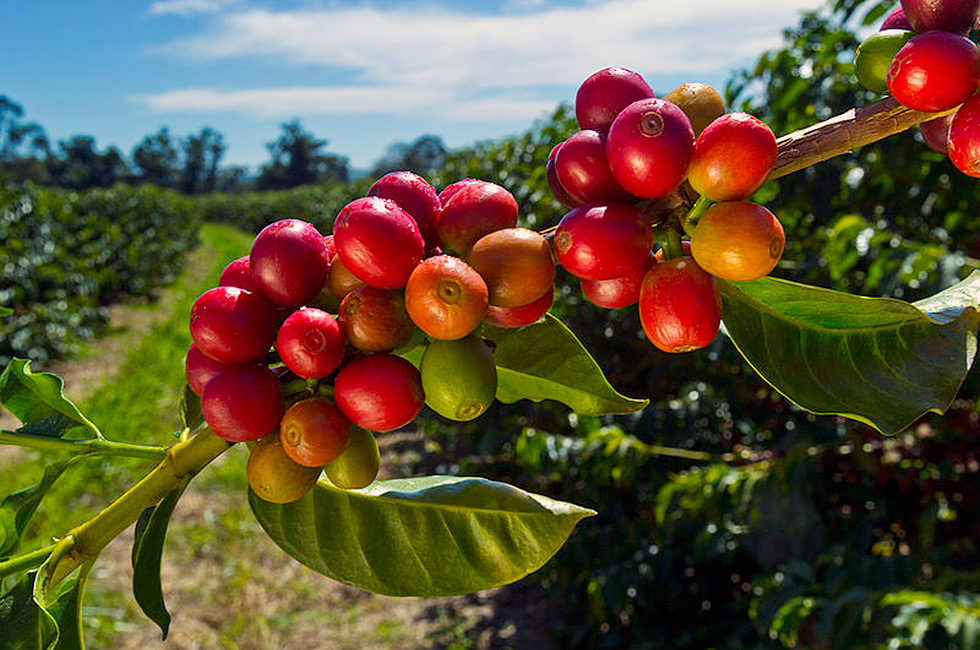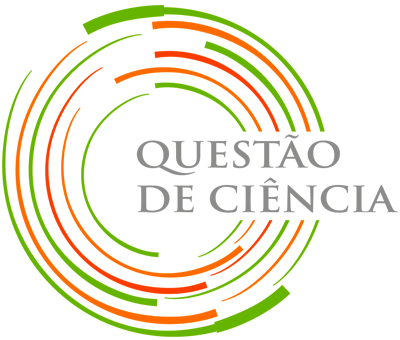
A cloud of resistance hangs over the introduction of genetically modified organisms (GMOs) in Kenya and many other African countries. Varied views have emerged as Kenya moves closer to commercialising GM cotton, considered a big enabler to the economic blueprint under the ‘Big Four’ Agenda. The Kenyan government projects that revitalising cotton sub-sector, through commercialisation of high performing Bt cotton, will create 680,000 direct jobs in cotton farming, about 210 ginning opportunities, 6,000 at integrated mills and 25,000 at garments manufacturing.
Uncertainties created by techno-phobes instill fear among the public and policy stalemate. Yet, more than two decades of biotech crops’ cultivation has seen trillions of meals served with no link to any harm. Science academies, professional associations and global science leaders have endorsed GM crops to be as safe as their conventional counterparts.
Even with these glaring facts and evidence, impulsive GMO opposition driven by long-standing myths and sometimes deliberate misinformation persists. Why?
While some people hold strong moral and ethical views on GMOs based on religious and cultural beliefs, there is more to the opposition than meets the eye. A close scrutiny of fierce opposition shows it mainly comes from emerging organic farming businesses and environmental “preservationists”. The fear of losing prime market-share to GMO foods that have been proven safe, cheaper and hence more attractive to consumers is evident. Majorly, trade wars, lifestyle ideologies, personal biases and political undertones drive the agenda, not evidence!
GMO hostilities are akin to ancient resistance to inventions that have revolutionised our lives. Examples abound of how rapid inventions trigger societal responses that seek to slow down the influence of technological change. History shows that major innovations experience three stages: Ridicule, discussion and adoption.
Take coffee for example, celebrated as one of world’s oldest transformative innovations. According to a 2016 publication Innovation and its Enemies, the drink was once an object of intense smear campaigns and heavily demonized in Vatican, Italy as the “Satan’s drink”. In England, France and Germany, coffee was said to cause sterility and hysteria! More disturbingly, some medics alleged the beverage posed serious health risks to consumers and must be banned. So dire was the controversy that in France, scaremongers purported that “burnt particles” contained in large quantities in roasted coffee, have violent energy that enters the blood, attack the lymph system and dry the kidneys. It was also claimed that coffee consumption damaged the brain, turning the body into a zombie. In fact, coffee brewing technology was more controversial than nuclear power!
Interestingly, the crux of this resistance, which remained a “top secret” was that, coffee was deemed a threat to incumbent industries – especially the brewing industry. Fearing that its popularity would rise, there was concern it would become a commercial powerhouse and topple vast commercial interests in wine and tea.
Fast forward to today, coffee beans are one of the most important tropical export commodities providing pleasure, wealth and livelihoods for millions of people. It has become an integral part of most cultures with trillion liters consumed annually. Is history repeating itself since the intrigues surrounding coffee resistance are exact replica to the GMO debate? Interestingly, nine out of top-ten coffee consuming nations globally are from Europe where the drink’s fiercest demonisation occurred. It is also here that the fiercest opponents of GMOs reside, largest chemical manufacturing companies thrive and biggest donors of “organic, natural, agro-ecology” farming methods to developing countries. In the meantime, European public biotech companies (bio-pharmaceutics) generate annual revenue of up to USD 27 billion, employing close to 70,000 people.
Bottomline, if Europe’s gauge is anything to go by, we need all tools, best of the old and best of the new. Courageous policy makers braving the “war” and embracing modern tools such as genetic engineering in agriculture, health and environmental sectors is therefore strategic. Incentives for scientists to innovate and build a vibrant bio-economy through a facilitative policy environment is key.
Dr Karembu is Director of International Service for the Acquisition of Agri-biotech Applications (ISAAA) AfriCenter and founder chair of the Africa Women for Biosciences (AWfB) - Kenya Chapter. mkarembu@isaaa.org
